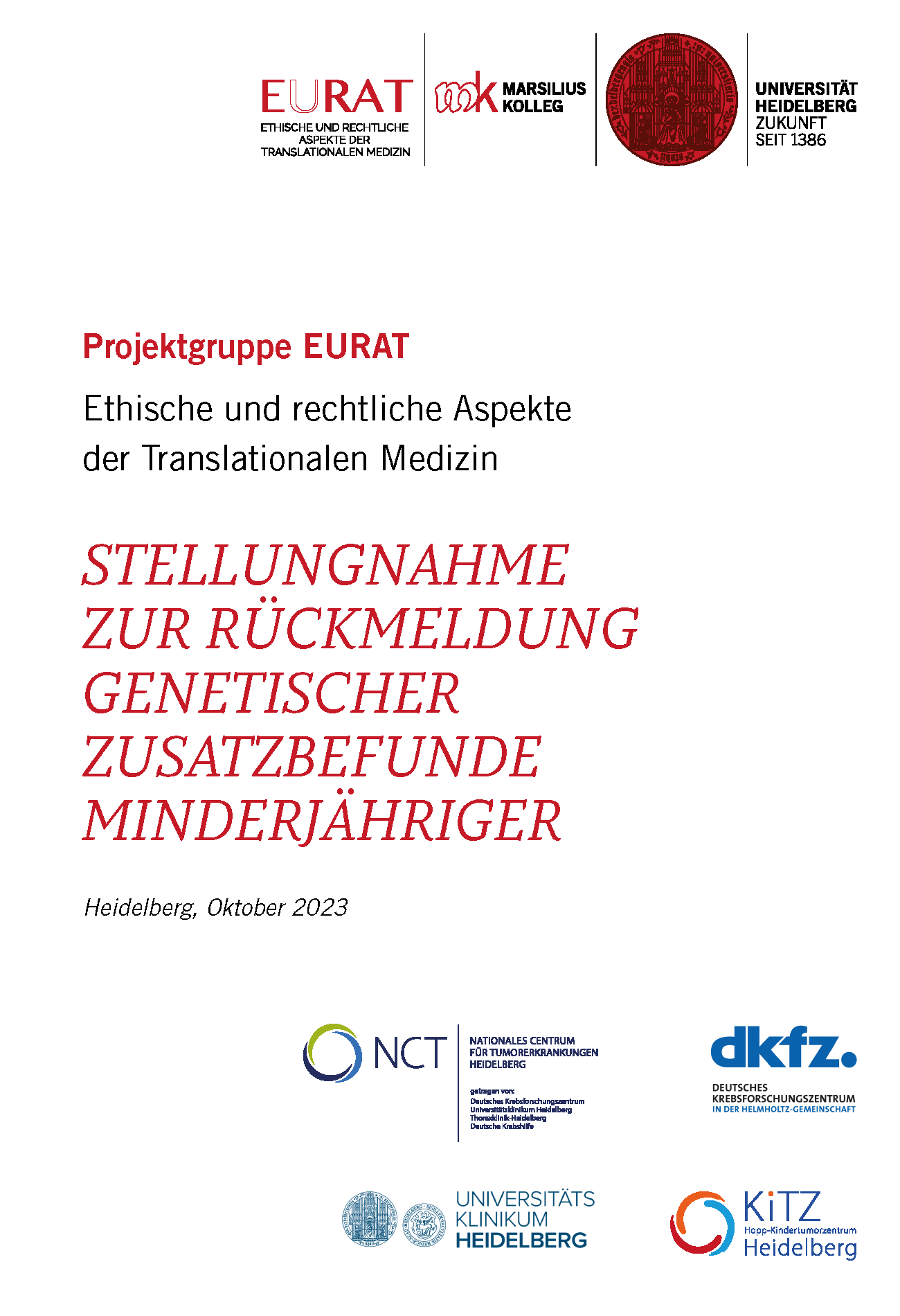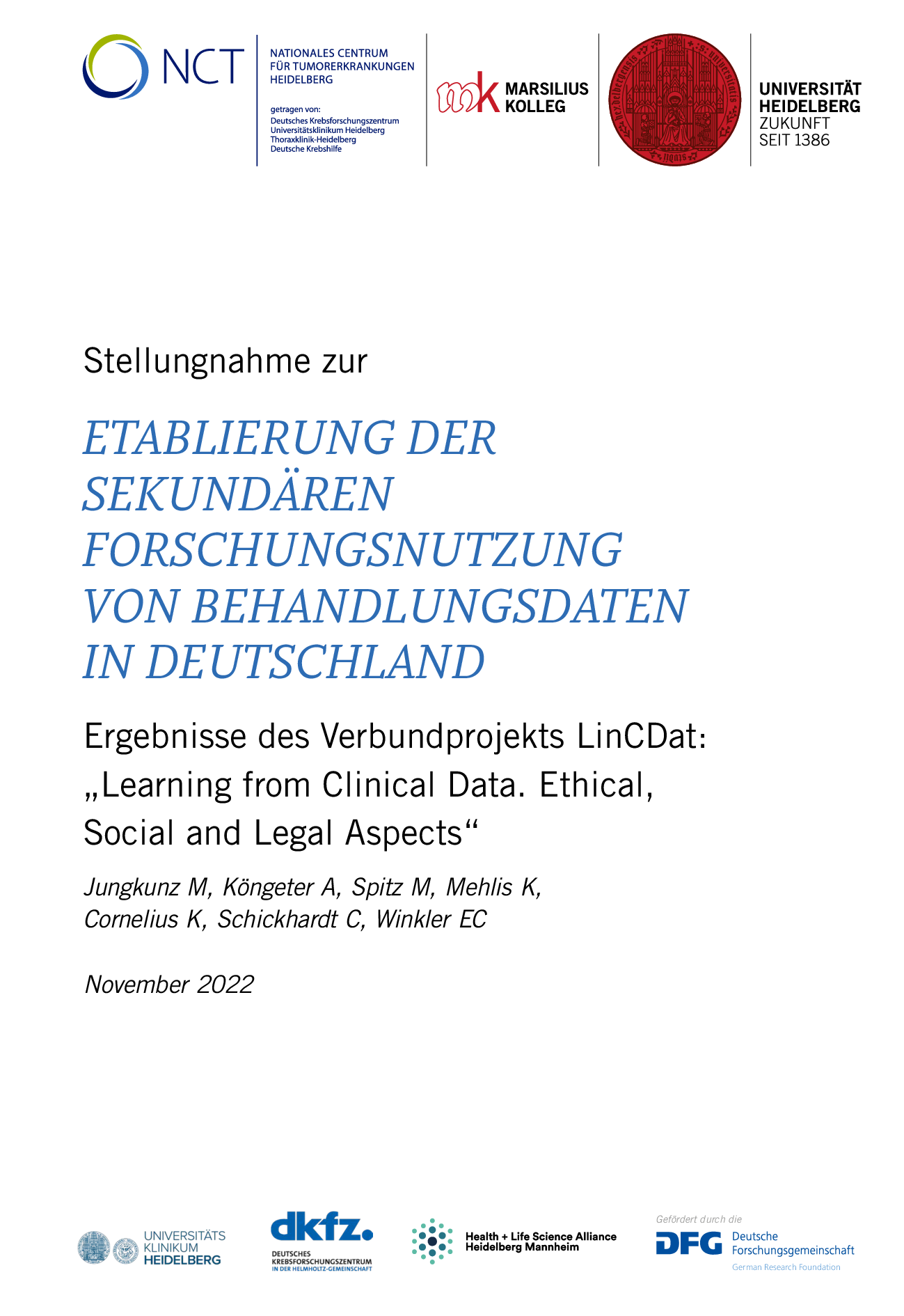Archiv

Jahresbericht 2022-23
Bd. 24 Nr. 1 (2024)
Jahresbericht 2022/2023 des Marsilius-Kollegs vom 01.10.2022 bis 30.09.2023
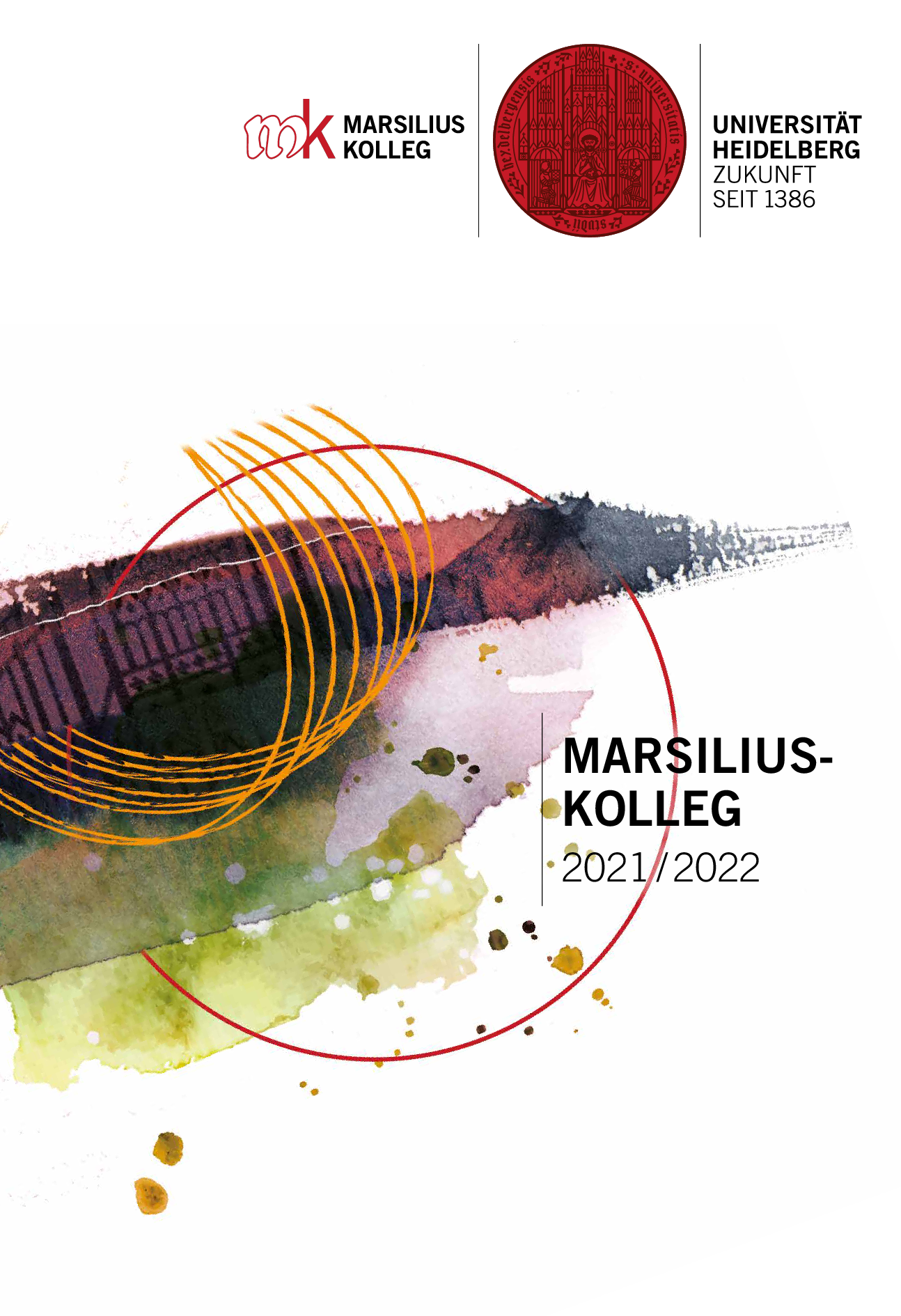
Jahresbericht 2021/22
Bd. 22 Nr. 2 (2022)
Jahresbericht 2021/2022 des Marsilius-Kollegs vom 01.10.2021 bis 30.09.2022
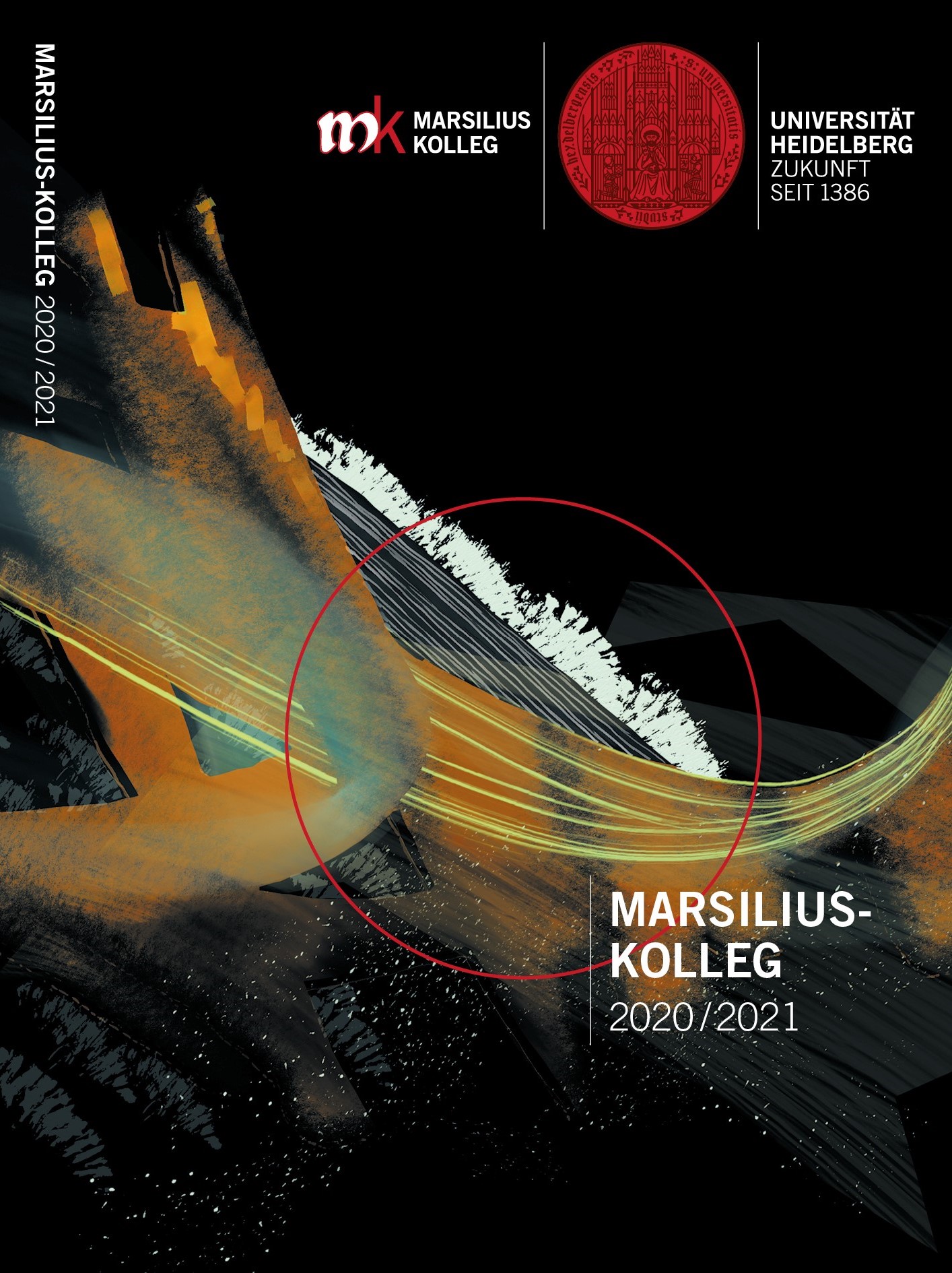
Jahresbericht 2020/21
Bd. 20 (2022)
Jahresbericht 2020/2021 des Marsilius-Kollegs vom 01.04.2020 bis 30.09.2021
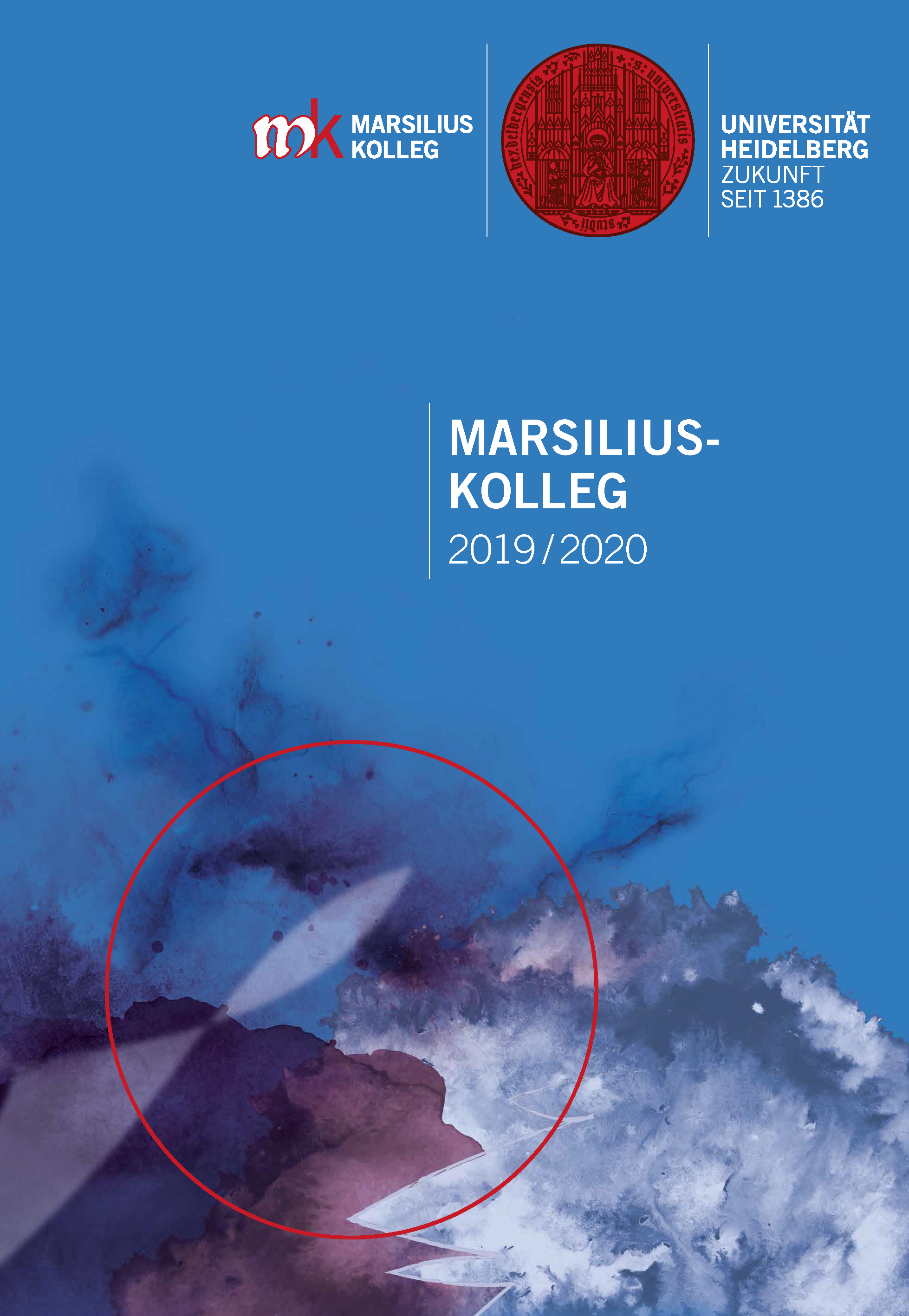
Jahresbericht 2019/2020
Bd. 19 (2021)
Jahresbericht 2019/2020 des Marsilius-Kollegs vom 01.04.2019 bis 31.03.2020
Bd. 18 (2020)
Germline editing is a technique that holds immense potential to affect our current society and future generations. Not to be confused with somatic gene therapy, human germline editing involves the application of molecular biological methods, such as CRISPR/Cas9, to edit the genome of germline cells. These edits can then be passed on to future generations. While this technique is very promising to eradicate hereditary diseases and even possibly improve certain traits of the human genome, its use remains highly debated. “Global governance of human germline editing” was the topic of the Marsilius Winter School 2018, which brought together a group of young academics from a variety of disciplines to discuss the issues raised by the potential application of this technology.[1] In a one-week program, experts were invited to present on different aspects of germline genome editing and its governance to the participants of the winter school. The participants worked together to develop a joint position on global governance of human germline editing which is presented in this paper. Overall, a consensus was reached on advising to allow germline genome editing for research and possibly for medical applications under specifically defined circumstances, including an informed public opinion.
[1] The winter school took place before the first claims of successful germline editing by Jian-kui He became public.
Bd. 17 (2020)
Background: Today genomic diagnostic based on next generation sequencing technologies not only revolutionized our understanding of the molecular basis of diseases, but has also entered the clinical world when translational research projects inform doctors and patients about possible therapeutic approaches based on a molecular analysis. Individuals from such studies increasingly ask for their raw genomic data to be released.
Methods: Based on an comprehensive ethical and legal analysis the interdisciplinary EURAT project issued a position statement on the question whether patients and study participants have a right to raw data return and provide a policy as well as information material to empower patients. The resulting statement relates the rights of patients and study participants to the duties to inform and educate for an informed handling of raw data
Results: Based on the GDPR and the German law patients and study participants have a right to access their personal data and raw data qualify as personal data. The ethical analysis weighs potential benefits and harms in light of patients’ right for informational self-determination. Raw genomic data do not provide individuals with information without analysis and interpretation by experts. However, the data analysis can lead to very sensitive information about the disease and genetic makeup of the persons or their close relatives and children.. Conclusion: We provide a policy for the release of raw data that encompasses the information process and material, the data output procedure as well a confirmation of receipt on the part of the patient.

